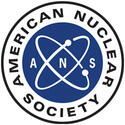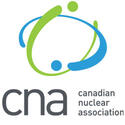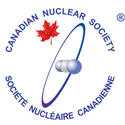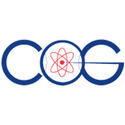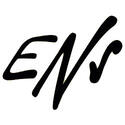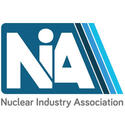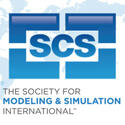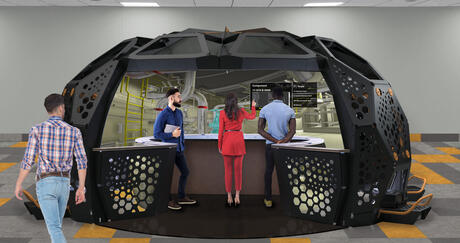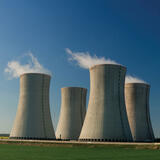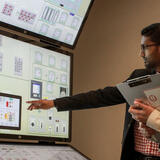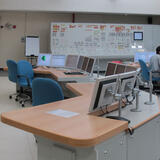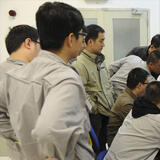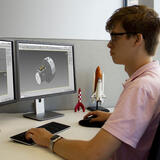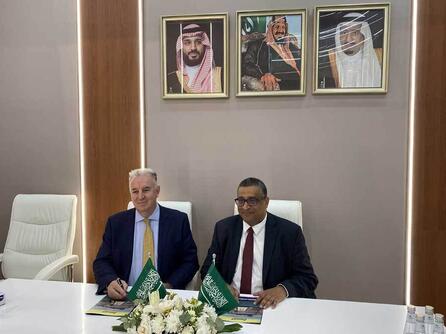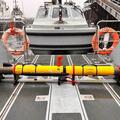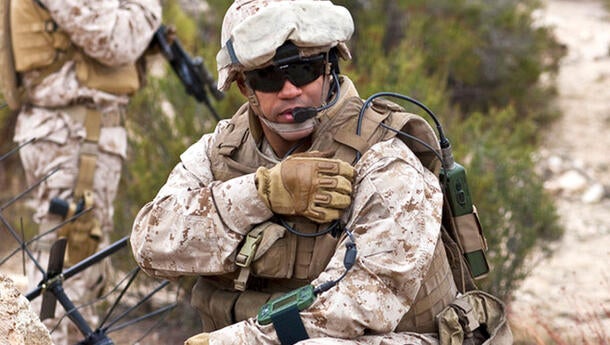In addition to the continuous enhancement of CPU performance of the DCCs, we have updated and re-designed several peripheral equipment and interface controllers related to the data storage, printing, and the data acquisition interface with PCs. The new Bulk Storage Memory Unit increases the total memory size to 128MB and provides for an extended area of housing software applications and historical data storage buffers. The new technology of network printing – using fast laser printers – required an adaptation of printer controllers for alarm messaging and hardcopy functions.
Committed to continuous improvement of the DCC design, we have successfully emulated the functionality of the Main Control Room Display System with the use of our VME-based technology. This emulation solution has resulted in a complete replacement of Ramtek equipment while maintaining the same DCC software developed by utilities and used on the original display system hardware.
The same VME-based technology was the baseline of replacing the Contact Scanner equipment and presently this implementation is in operation in both units at the Qinshan Phase III Nuclear Power Project (Zhejiang, China) and on Unit 2 at the Cernavoda Nuclear Power Plant (Cernavoda, Romania).









